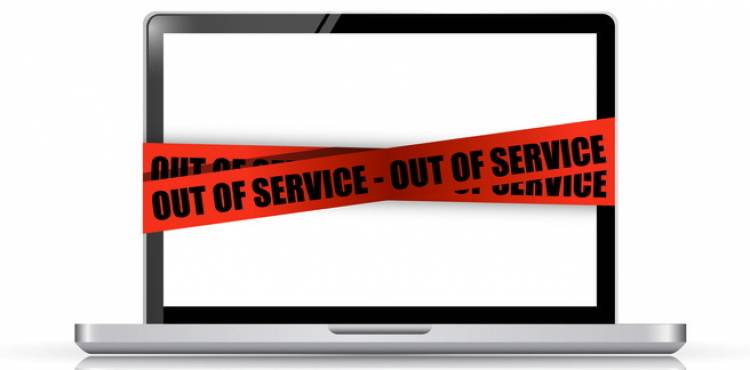Lessons learned from past holiday shopping seasons

Last year, as shoppers carefully crafted their game plans for Black Friday, visitors to the Best Buy website were greeted with the following message: "Our site is incredibly busy! Please be patient while we shovel you a path."
So, not only were consumers unable to peruse the site’s doorbuster deals, but investors, too, were unable to boost their already waning confidence in the underperforming electronics retailer.
Best Buy was, of course, able to bounce back – the issue happened one week prior to the big shopping day and was quickly remedied. But, the debacle was incredibly embarrassing, considering the company’s promises to shareholders to address abandon rates and site complexity.
And although Best Buy isn’t alone – site crashes have happened to some of retail’s biggest players, Target, Lowe’s and Wal-Mart included – there are major lessons to learn from past Black Friday flub-ups. First and foremost: Stability issues can be avoided, as long as you’ve cleared the path.
Make way for happy shoppers
The key to doing so is testing the site prior to big traffic days like Black Friday and Cyber Monday. The second key for doing so is testing again. For Best Buy, the technical issue was related to its sales-tax calculator, proving that every element of a site, including the entire checkout process, must be watertight.
If any portion of a site isn’t functioning properly, customers will lose patience and move on to another site. And while the lost revenue is nearly impossible to recoup, the customers’ less-than-positive memories are also nearly impossible to erase.
Two years ago, Target.com crashed several times leading up to Black Friday and media outlets are still talking about it today. And although Target’s brick-and-mortar stores are where most sales happen, many customers wanted to research and comparison-shop first. Target was making it hard for them to do that.
Year-over-year improvements
Luckily, Dotcom-Monitor, a company that monitors websites to optimize online performance and availability, reported a better-than-expected kick-off to the 2012 holiday shopping season last year. The report, however, also warned of new issues that could complicate the 2013 season.
“At this point during the holiday season of Black Friday 2012 and Cyber Monday 2012 online retail websites are more stable, but slower, and have increased in size, according to our monitoring and data we’ve seen,” Dotcom-Monitor said. “Moreover, these same websites are increasingly composed of a family of third-party hosted elements, that are ‘cooler’ but are often less stable than the website itself. While 2012 didn’t see Black Friday website outages in the manner of 2011, there is an apparent e-commerce shift, perhaps indicative of a middle age.”
The third-party-hosted elements referred to above are primarily tag-based applications that have increased in popularity since Dotcom-Monitor reported on them last year. Today, they are one of the main culprits causing online shoppers to experience slower page load times.
To stay on top of the issues that could come from running too many tag-based apps, the eCommerce experts here at NetSphere Strategies recommend employing a tag manager. To get more information about tag managers, we outlined what they are and how they can help in a recent blog. We hope you check it out. And even more so, we hope that your 2013 Black Friday is a big success.
Trackback URL for this blog entry.